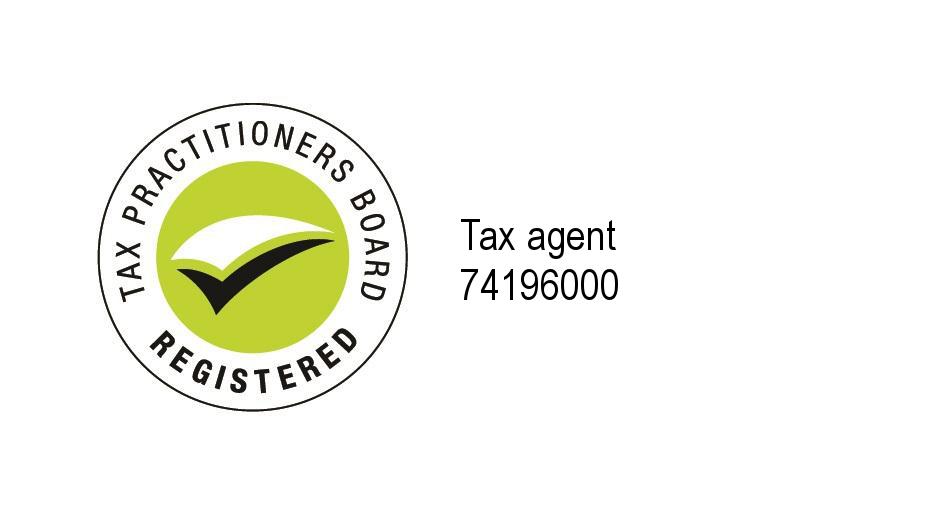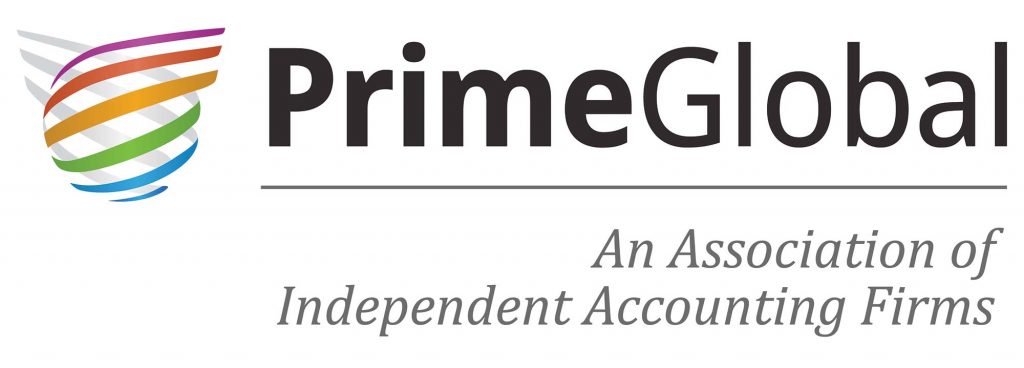Following the enactment of the Treasury Laws Amendment (2019 Tax Integrity and Other Measures No 1) Act 2019 (the ‘Amending Act’), the way in which compulsory superannuation contributions must be calculated will change for quarters beginning on or after 1 January 2020.
More specifically, the statutory formula in the Superannuation Guarantee (Administration) Act 1992 (‘SGA’) for working out whether an employer has avoided the superannuation guarantee (‘SG’) shortfall for a quarter has been amended to ensure that employers can no longer apply employees’ salary sacrificed super contributions to reduce the minimum required SG contributions for employees.
This article provides an overview of the changes and highlights the need for employers and employees to review their salary sacrifice arrangements to ensure the arrangements will work as intended after 1 January 2020.
Use of Salary Sacrificed Super Contributions to meet Statutory Contributions
An overview of the changes
Prior to the amendments, salary sacrificed contributions could be counted towards employer contributions to reduce an employer’s mandated SG contributions, whilst also allowing the employer to calculate their SG obligations based on the post salary sacrifice ordinary times earnings. This could result in employees receiving less superannuation than they may have expected from entering into such an arrangement.
From the March 2020 quarter, an employer will no longer be able to treat a salary sacrificed contribution as part of their minimum SG contribution. Accordingly, employers whose past practice has been to rely on the salary sacrifice amounts to meet their SG obligations will now have to make contributions additional to any such amounts to avoid having a SG shortfall.
Furthermore, when working out the minimum SG contributions which an employer is obliged to make for the March 2020 and following quarters, the SG rate (currently 9.5%) must be applied to the employee’s ordinary time earnings base (‘OTE base’), which is the sum of the employee’s ordinary time earnings (‘OTE’) and any sacrificed OTE.
The implications of these two changes are illustrated in the following example given by the ATO:
Sharon earns $2,000 a week and has an effective salary sacrifice agreement with her employer to sacrifice $500 to her superannuation fund each week. Sharon’s salary only comprises OTE amounts.
Sharon’s employer previously calculated his SG liability on the after salary sacrifice wage per week of $1,500 ($2,000 – $500). This amounted to contributions totalling $142.50 ($1,500 × 9.5%) to be made to Sharon’s superannuation fund to satisfy the employer’s SG liability. From 1 January 2020, Sharon’s employer must calculate the SG liability on her OTE base which includes sacrificed OTE amounts.
To meet his SG obligation under the new law, Sharon’s employer must contribute $190 to Sharon’s super fund ($2,000 × 9.5%). This is in addition to the $500 Sharon salary sacrifices each week.
The salary sacrificed amounts are paid to Sharon’s super fund each week under the salary sacrifice arrangement. However, the employer only needs to pay the SG contributions to Sharon’s super fund by the applicable quarterly due dates.
The above example deals with case of an employee whose salary only comprises OTE.
For employees receiving both OTE and other earnings, such as overtime, it should be noted that the fundamental SGA distinction between OTE and ‘salary and wages’ extends to sacrificed OTE. Accordingly, where an employee sacrifices overtime (which is salary and wages but not OTE) into super, the employer will not need to take into account this amount when determining the employee’s OTE base. This is illustrated in Example 7.3 of the Explanatory Memorandum (‘EM’) to the Amending Act’s originating Bill.
Impact on the calculation of SG charge
An employer who has failed to make the correct SG contribution for a quarter on time will be liable for the SG charge, which includes the SG shortfall. Prior to the recent amendments, the SG shortfall was a certain percentage of ‘total salary and wages paid by the employer to the employee for a quarter’.
In conformity with the purpose of the amendments that SG contributions are calculated on OTE inclusive of salary sacrificed OTE, the amendments provide that from the March 2020 quarter the SG shortfall is a percentage of a broader concept that includes sacrificed salary and wages. More particularly, the concept (viz. the quarterly salary or wages base) is the sum of:
- the total salary or wages paid by the employer to the employee for the relevant quarter – in this article called ‘the total quarterly wages’; and
- any salary or wages amounts of the employee for the quarter in respect of the employer that have been sacrificed into superannuation – in this article called ‘the sacrificed shortfall wages’.
Effect of non-super salary sacrifices
For purposes of the amendments, the concept of ‘salary sacrifice’ is limited to salary sacrifices into super and does not encompass other salary sacrifices (e.g. salary sacrifices to obtain the benefit of a company provided car or childcare benefit). Prior to the amendments, the SGA did not refer to any type of salary sacrifice in its processes.
Basically, the Amending Act defines a ‘salary sacrifice’ (see the new s. 15A) as ‘an arrangement under which a contribution is … made to a complying superannuation fund by an employer for the benefit of an employee’ in circumstances where the employee has agreed that the contribution is to be made and the employee has agreed that the employee’s OTE and/or ‘salary and wages’ (within the meaning of the SGA) will be reduced.
As a result, it appears that where an employee reduces OTE or total quarterly wages by salary sacrificing an amount in order to obtain a benefit other than a contribution to superannuation, the employer may calculate the SG contribution on the reduced amount of OTE and calculate any SG shortfall by reference to the reduced total quarterly wages. The relevant salary sacrificed amount will not be sacrificed OTE or form part of the sacrificed shortfall wages.
Where an employee derives excluded salary or wages
Certain wages or salary (viz ‘excluded salary or wages’) do not give rise to an employer obligation to make super contributions. Excluded salary or wages include:
- wages/salary paid to a part-time employee under 18;
- wages/salary paid to an employee to whom an international social security agreement applies; and
- wages/salary paid to an employee who earns less than $450 in a month.
Where an employee salary sacrifices an amount, which if the amount had been paid to the employee would have been excluded salary or wages, such sacrificed amount does not form part of the calculation (as the case may be) of the sacrificed OTE or the sacrificed shortfall wages.
The SGA originally provided (and following the amendments, will continue to provide) for the reduction of the OTE and the total quarterly wages by the relevant amount of the excluded salary or wages.
Attributing a salary sacrificed amount to a quarter
Sacrificed OTE and the sacrificed shortfall wages are taken into account for the quarter to which the sacrifice arrangement relates and not for the quarter in which the sacrificed amount is actually contributed to the employee’s superannuation fund.
However, if the sacrificed amount is used to calculate the employer’s contribution for a quarter but the sacrificed amount is subsequently paid to the employee in a later quarter rather than being contributed to the employee’s super fund, the payment in the later quarter is disregarded for purposes of the employer’s contribution obligation in relation to the later quarter, in order to avoid double counting.
Need for employees to review their superannuation salary sacrifice arrangements
While employers will need to review their calculation/payment of superannuation contributions conform with the legislative changes, employees will also need review their salary sacrifice arrangements.
Employees will need to ensure that the total amount being contributed to superannuation (i.e. the sum of compulsory and sacrificed super contributions) accords with their wishes. Potentially of more concern, employees will need to consider whether the employee’s annual concessional contribution cap for amounts contributed to super will be exceeded if action is not taken to reduce the salary sacrificed component.
Employers who have hitherto not, in fact, been making contributions in conformity with the changes and will be contributing more into super from 1 January 2020 should consider alerting their employees to the mandated increased contribution, so employees can take advice on whether their salary sacrificed amounts should be reduced.
As a practical matter, employers will need to factor the communication and revision of salary sacrifice arrangements into their salary/wages payment processes to ensure any employee’s desire to avoid exceeding the concessional contributions cap for 2019-20 and, in the case of ‘super-inclusive’ agreed remuneration, the employee’s intended actual monetary remuneration in 2019-20 are achieved in a timely way.
On that note …
…. best wishes for a safe and happy festive period and a ‘super’ new year!
This article provides a general summary of the subject covered and cannot be relied upon in relation to any specific instance. Webb Martin Consulting Pty Ltd and any person connected with its production disclaim any liability in connection with any use. It is not intended to be, nor should it be relied upon as, a substitute for professional advice.


